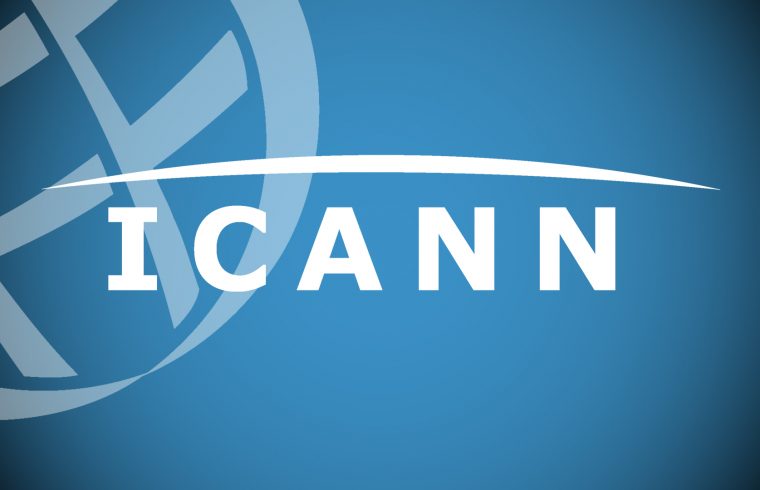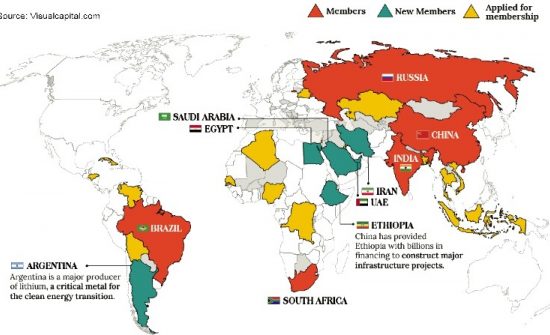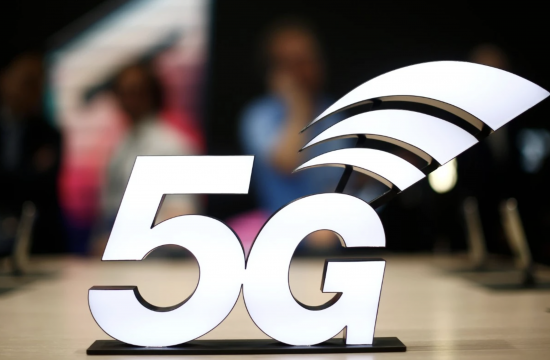By: Pari Esfandiari
It is almost 25 years since the Internet was privatized by the U.S. government. ICANN was formed by Esther Dyson and Jon Postel as a California-based non-profit with the responsibility to administer the Internet. However, the U.S. government retained limited control, primarily through the Internet Assigned Numbers Authority (IANA). It was the revelations, in 2013, of highly classified National Security Agency (NSA) documents by Edward Snowden that sparked global concerns over the U.S. dominance of the Internet. In response, in early 2014, the U.S. announced its intention to transition the stewardship of the IANA functions to the global multistakeholder community and asked ICANN to develop a proposal for the transition. The NETMundial conference was followed with the Multistakeholder Statement that included consideration of the evolution of the Internet ecosystem—with a particular focus on the Internet Governance Forum (IGF), a UN body, and the IANA transition. In September 2016, the U.S. government relinquished its control over the network function by transferring the IANA control to the ICANN to allow foreign governments more power over the future of the system.










